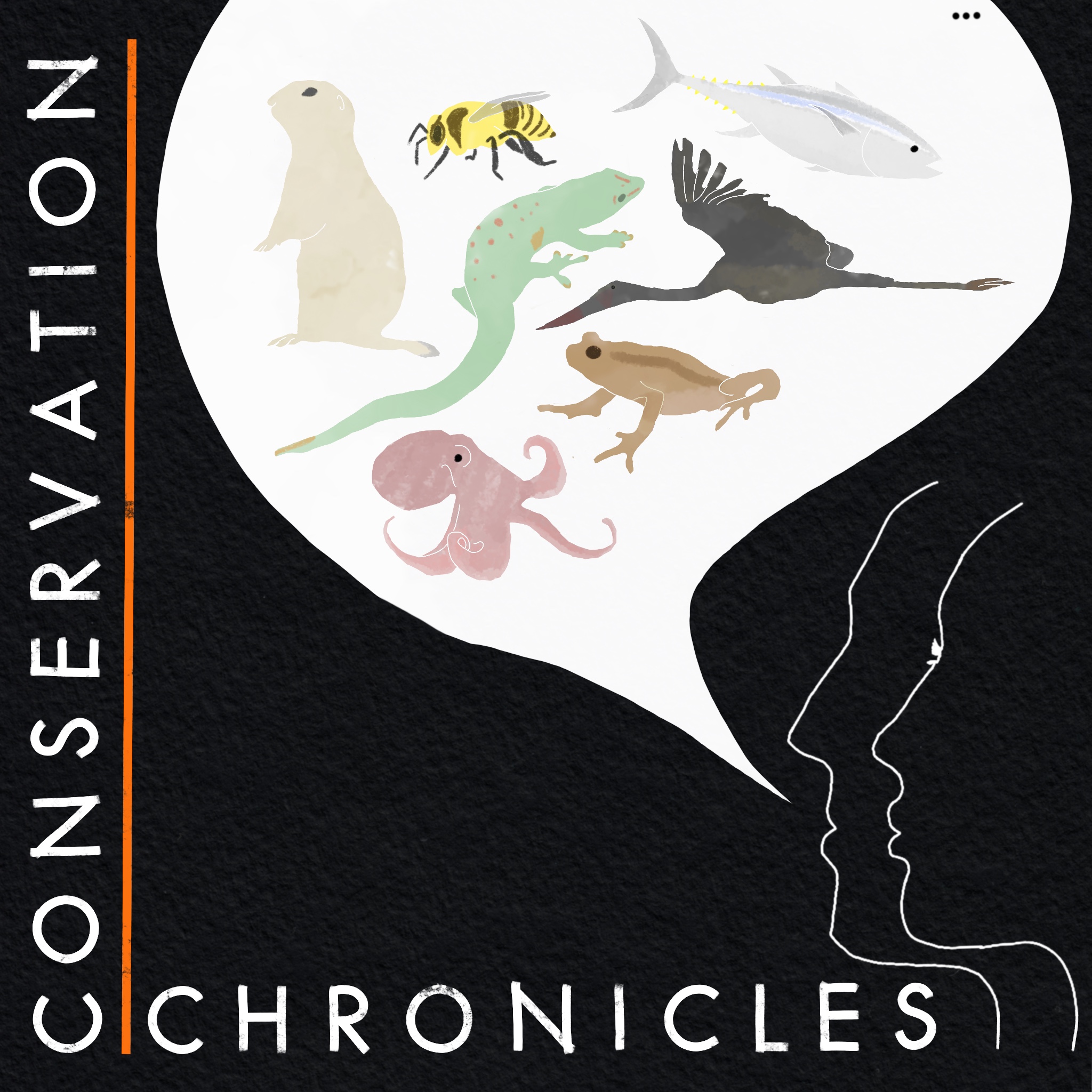 |
Research Bites PodcastAuthor: Kristina Spaulding, PhD, CAAB
The goal of Research Bites is to bring the science of applied animal behavior to non-scientists. In each episode, Dr. Kristina Spaulding interviews an animal behavior researcher and talks about how we apply science and research to working and living with dogs. Research Bites members get access to full-length episodes, as well as monthly webinars and chats about current research in dog behavior. Visit https://sciencemattersllc.com/research-bites for more details or to become a member. Language: en-us Genres: Kids & Family, Natural Sciences, Pets & Animals, Science Contact email: Get it Feed URL: Get it iTunes ID: Get it |
Listen Now...
#40: Dr. Patricia McConnell - From Science to Storytelling in Her New Mystery Novel!
Episode 40
Monday, 16 February, 2026
In this episode of the Research Bites Podcast, I’m joined by my first return guest, Patricia McConnell — Certified Applied Animal Behaviorist, beloved author, and former professor at University of Wisconsin–Madison. Many of you know her from The Other End of the Leash and For the Love of a Dog, books that shaped an entire generation of trainers.But today, we’re talking about something new.Her debut mystery novel, Away to Me, follows Maddie McGowan — an dog behaviorist living on a small Wisconsin farm — whose world is upended when violence strikes close to home. What unfolds is both a gripping mystery and an accurate portrayal of life as a behavior professional: working with complex clients, navigating canine aggression and trauma, and building partnerships with clients.In our conversation, we explore:What fiction allows us to say about dogs that nonfiction sometimes cannotHow to write emotional truth without overstepping scientific evidenceWhy sheepdog trials are the perfect dramatic backdrop for exploring partnership and agencyThe role of trauma, resilience, and healing — for both people and dogsWhy agency, play, and learning to read canine body language are so important for supporting out dogsPatricia speaks candidly about walking the line between evidence and intuition, about what dogs teach us when we truly listen, and about the power of story to expand how the public understands behavior work.If you love a good mystery, or just a good book, especially one where the dogs are written accurately—this episode is for you.For more information, please check out my website and social media links below! Website: https://sciencemattersllc.com/ Unlocking Resilience: https://sciencemattersllc.com/unlocking-resilience Research Bites: https://sciencemattersllc.com/research-bites Join the Science Matters newsletter Facebook ...








